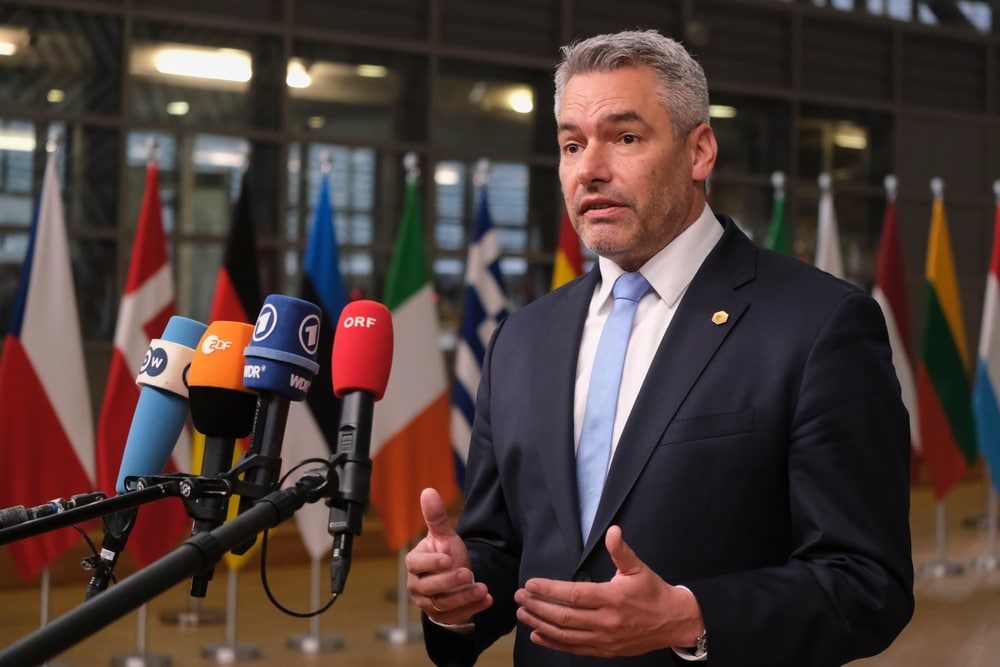
On Wednesday, February 16th, both Austria and Germany will hold separate summits to decide on gradual steps of removing COVID restrictions in their countries. Up until recently, both countries have been insisting on the necessity of strict measures, Austria even introducing mandatory vaccinations on February 5th, as we reported last week. But due to popular demand and increasing political pressure, a change of direction might be imminent.
While Chancellor Olaf Scholz of the Social-Democratic Party (SPD) was promoting mandatory vaccination last December, already in January his proposal started losing traction with parliamentary discussions that proved inconclusive. Only fellow SPD party member and Minister of Health Karl Lauterbach stressed repeatedly the necessity of continued restrictions and warned against opening up too early.
But already in January, courts in a variety of German states overturned the so-called “2G-rule” (permitting entrance to certain sectors of public life only to the cured and the vaccinated) in shops. Recently, even Markus Söder, the minister-president of Bavaria of the Christian Social Union (CSU) had decided to back off from the idea of mandatory vaccinations in care professions, despite having been a hardliner in terms of restrictions for most of last year.
The upcoming summit of Chancellor Scholz and the minister-presidents of the 16 German states will cover the draft resolution that has recently been leaked by the Tagesspiegel, according to which the restrictions shall be removed in three steps. The plan is to remove most restrictions of social, cultural, and economic life by March 20th, after which only a mask mandate shall remain in place. A key element to be removed will be the above-mentioned “2G-rule,” which would effectively end the segregation of the unvaccinated.
Meanwhile in Austria, Chancellor Karl Nehammer of the Austrian People’s Party (ÖVP) plans a similar summit with the Austrian minister-presidents. While up until recently he has been insisting on realizing the vaccination mandate of his interim-predecessor, Nehammer is now expressing the wish “to allow people as much freedom as possible,” freedom “that the coronavirus had taken away from them.” Beginning on February 19th, most restrictions should be fully lifted by March 1st, which has been referred to as “Freedom Day” by governments and the media.
The exact degree of measures being lifted isn’t known yet in Austria, but it has transpired that this might ultimately mean going back to a simple mask mandate. In schools, mask mandates will gradually be removed while students are seated. Consequently, the term “Freedom Day” has received plenty of criticism on social media considering mask mandates will most probably remain in place.
The planned “COVID-lottery” to incentivize vaccinations has been scrapped altogether, and Nehammer suggested donating the money instead to those people that have done the most to combat the pandemic, such as caretakers, medical personnel, the military, and the police.
In terms of the recently introduced mandatory vaccination in Austria, Nehammer has been deferring responsibility for a decision about the future of the mandate to experts advising the government. According to the chancellor, the law is being constantly evaluated. “As long as the committee of experts considers vaccination to be the best way to combat the pandemic,” Nehammer said, “mandatory vaccination will remain.” However, were the experts to suggest changing the law, then this would be done.
The members of said commission haven’t been determined yet. It is likely that the mandatory vaccination will also be discussed during the summit on Wednesday
